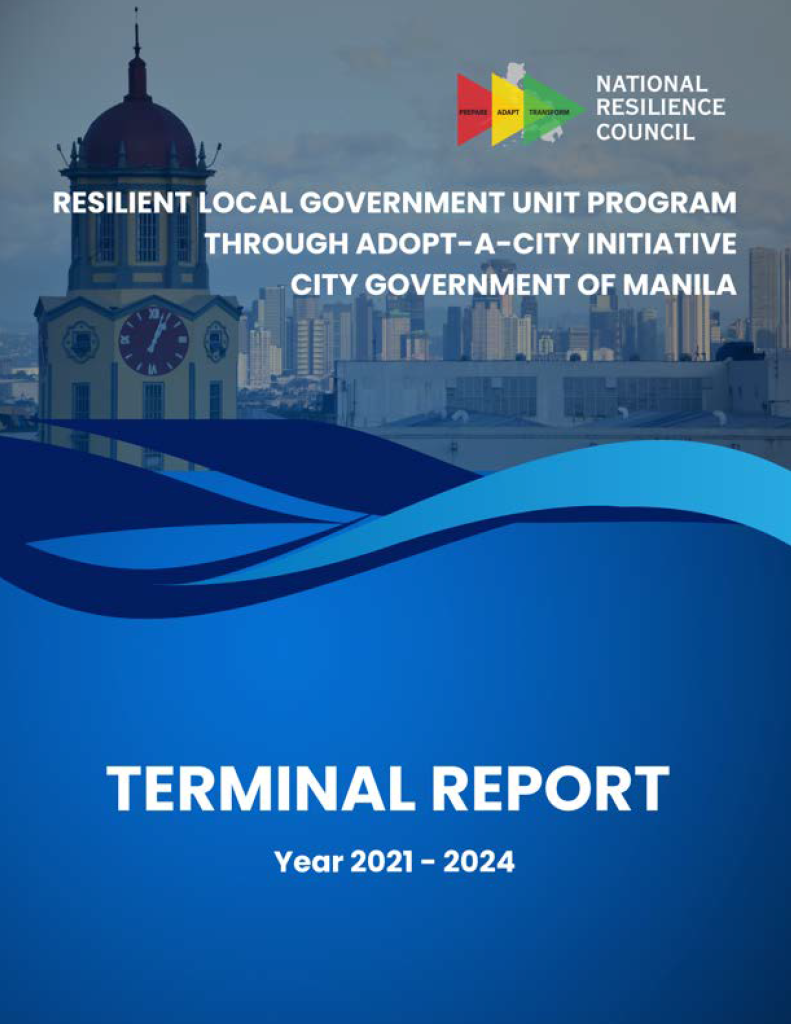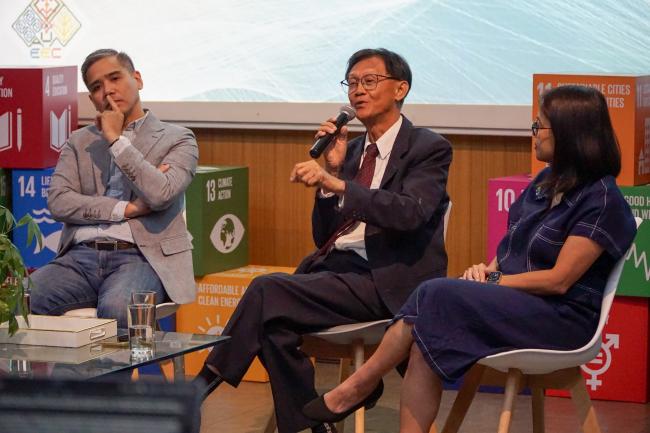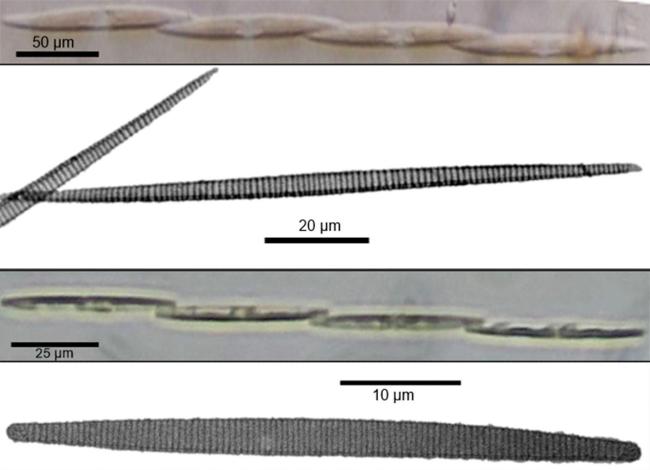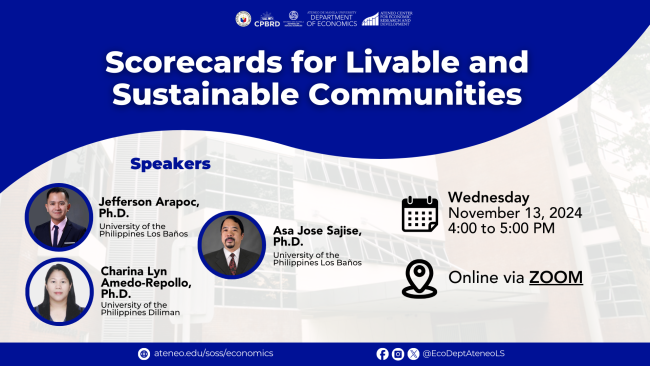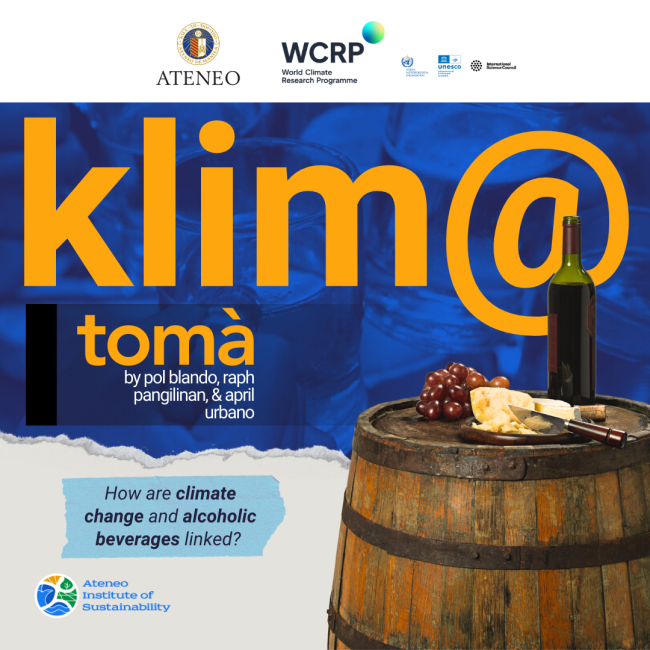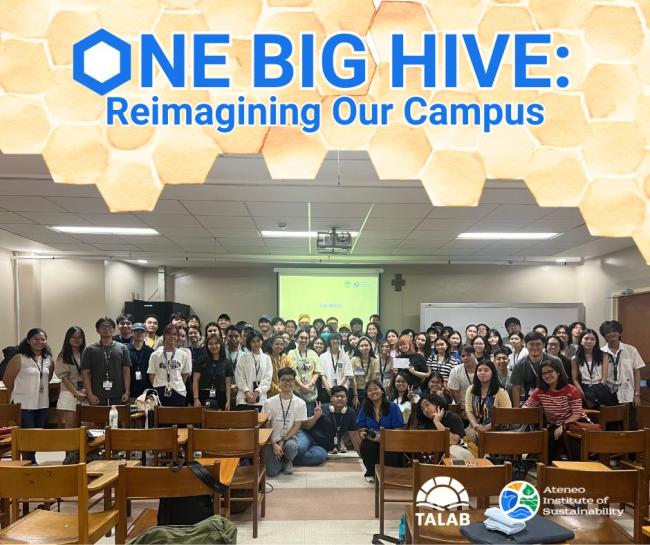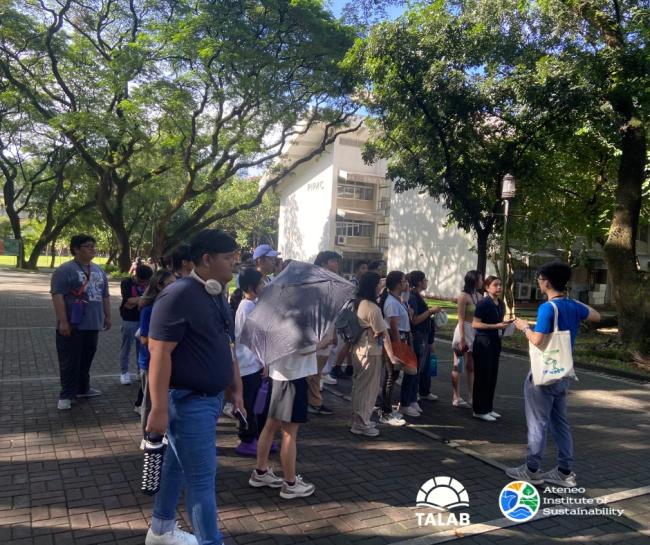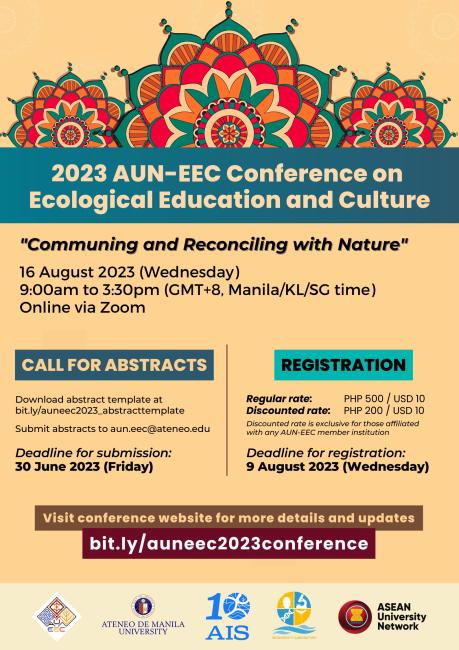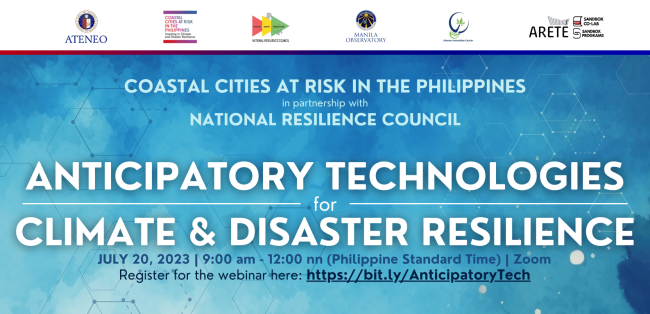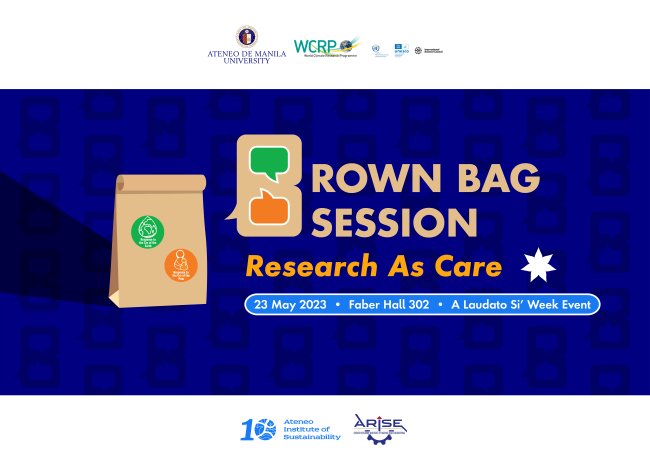Ateneo and the UN Sustainable Development Goals
CCARPH, Ateneo de Manila University, and Manila Observatory Partner with the National Resilience Council’s Resilient Local Government Unit Program for the City of Manila: publishes Terminal Report 2021-2024
Building Resilient Communities: The Adopt-a-City Initiative in Manila
With ever changing climate, disaster risk and its management and resilience building among local governments has become a critical priority for urban communities worldwide. In the Philippines, the National Resilience Council (NRC), in cooperation with Ateneo-based Coastal Communities At Risk Philippines, has spearheaded initiatives to build resilient and disaster-ready local government units (LGUs).
Through its innovative Adopt-a-City Initiative, the program equips city governments with the tools, knowledge, and partnerships to build resilience and preparedness to withstand and recover from climate-related hazards’ environmental and socio-economic impacts while employing evidence-based risk governance.
This report outlines the achievements, lessons, and future goals for achieving a resilient and sustainable City of Manila (SDG 11).
Project Profile and Rationale
The Resilient LGUs Program, designed to strengthen Manila's capacity to handle climate and disaster risks, is a multi-stakeholder partnership led by the NRC. Key collaborators include the Ateneo de Manila University, BPI Foundation, International Container Terminal Services, Inc. (ICTSI) Foundation, and the Manila Observatory. The initiative has been targeted toward Manila’s most vulnerable communities, serving as a prototype for resilience-building efforts throughout the Philippines while aligning with the Sendai Framework for Disaster Risk Reduction and the Paris Climate Agreement.
Through this initiative, NRC, with its partners, has “adopted” the following high-risk barangays (communities): Barangays Tondo, San Nicolas, and Port Area. These communities confront severe threats of urban decay, poverty, flooding, storm surges, and seismic events, intersecting to create complex vulnerabilities.
Program Milestones
Since its launch, the Resilient LGUs Program has achieved notable milestones:
- Capacity-Building and Knowledge Sharing: Local leaders and government officials engaged in Resilience 101 and 102 trainings and GeoRiskPH sessions to learn and adopt resilience concepts and build a resilience and data management toolkit.
- Youth Engagement: The Young Leaders for Resilience Program, introduced design thinking and risk management principles in identified barangays, planting the seeds of resilience among the community’s youth sector.
- Resilience Infrastructure Development: The initiative supports infrastructure development, with early projects focused on supporting and investing in Early Warning Systems (EWS), which are essential for preparedness in high-risk communities.
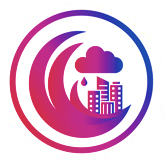
Social Vulnerability Analysis: Coastal Communities at Risk Philippines (CCARPH)- Ateneo de Manila University partnership with Manila Observatory (MO) and the NRC
The CCARPH-Ateneo-Manila Observatory-National Resilience Council conducted a a Social Vulnerability Index (SOVI) assessment to pinpoint Manila’s high-risk populations. The data have been instrumental in prioritizing resilience interventions, from evacuation planning to health services.
Lessons Learned and Future Directions
In July 2022, the National Resilience Council (NRC) engaged with newly-elected local chief executive, Mayor Honey Lacuna and key officials from the Manila Disaster Risk Reduction and Management (DRRM) Council.
During this meeting, Mayor Lacuna appointed officials, as focal persons for the Resilient Local Government Unit Programme (RLGUP), for incorporating the Immediate next steps which included the convening of a technical group to advance five approved RLGUP projects: Ateneo-CCARPH-Manila Observatory led Social Vulnerability Index (SOVI), DOST GeoRisk PH, Barangay Resilience Scorecard, Participatory and Community-based Risk Assessment (PCRA), and Infrastructure Risk Assessment, all of which were dedicated in building and sharing knowledge towards establishing community based resilience. The collaboration was sealed by a tripartite Memorandum of Agreement (MOA) signing involving NRC, BPI Foundation, and LGU Manila, with academic partners, including CCARPH- Ateneo de Manila University.
Assessing Progress and Challenges in Sustainable Development Goal 13 (SDG 13)
Analyzing Sustainable Development Goal 13 (SDG 13) trends reveals several key findings. There has been a gradual increase in the impact of research efforts addressing climate action, indicating ongoing work to tackle climate change challenges. However, the emphasis on low-carbon energy use has significantly declined, suggesting difficulties in maintaining and advancing sustainable energy practices. This underscores the need for more effective solutions in this area. On the other hand, there has been a sustained commitment to environmental education measures, including local programs, disaster planning, government support, NGO collaboration, and general environmental education. Nonetheless, the absence of reported commitments to achieving carbon neutrality in all three years (2021, 2022, and 2023) raises concerns as it hampers effective climate action strategies and progress toward reducing carbon emissions and promoting sustainability.
Engagement with the community on SDG 13 involves various specific initiatives. This includes local education programs on climate, such as the tripartite agreement between ASOG, DOE, and LGA for competency-based energy training for LGUs and projects like SOLAR-POWERED CLEAN WATER SYSTEMS. Additionally, collaborative efforts are focused on climate action planning, exemplified by the CCARPH Naga City Terminal Report and the National Disaster Risk Reduction and Management Plan (NDRRMP) 2020 – 2030. These collaborations aim to enhance resilience in climate change and disasters. Moreover, there are initiatives to inform and support government agencies, such as the eBayanihan Disaster Management System and the partnership between MO, ADMU, and PAGASA for risk management. Lastly, community engagement includes collaborations with NGOs for environmental education, such as the partnership between MO, ADMU, and PAGASA, and initiatives like CCARPH - Buklod Tao. These actions demonstrate a concerted effort to work closely with the community to address climate-related challenges and promote climate resilience.
Ateneo de Manila University's Integral Ecology Journey: Fostering Sustainability and Spiritual Stewardship
Ateneo de Manila University strives to become a Laudato Si University by adopting the Ignatian spirit and integral ecology principles across all its diverse units. The University has undertaken notable initiatives such as the Ateneo School of Government's focus on governance for sustainability, the Ateneo Graduate School of Business's emphasis on responsible business practices, the Ateneo Law School's integration of environmental and human rights law, and the Ateneo Loyola Schools' incorporation of integral ecology into their curricula and research. The basic education units at Ateneo prioritize sustainability by implementing initiatives like waste reduction and hydroponics, inculcating ecological mindfulness among students. These efforts collectively demonstrate the University's commitment to integral ecology by integrating it into education, research, and daily operations while promoting spiritual and environmental stewardship.
News and Features
The Lily holds roundtable discussion on leadership challenges in implementing Education for Sustainable Development in Asia
On 5 November 2024, The Lily Gokongwei Ngochua Leadership Academy, in partnership with the United Board for Christian Higher Education in Asia, the Ateneo Institute...
Two Pseudo-nitzschia diatom species identified in Luzon
P. pungens and P. brasiliana can produce a neurotoxin that may cause severe sickness and permanent short-term memory loss.
Scorecards for Livable and Sustainable Communities
The Scorecards for Livable and Sustainable Communities propose new "Blue and Green Economy Scorecards" for the Philippines, empowering LGUs with data-driven tools to track sustainability in marine and terrestrial ecosystems. Developed by experts in economics and marine science, these scorecards promote transparent, accountable governance and align with international sustainability standards.
Klim@Tomà
Alcohol is made through fermentation, a process where yeasts from the air break down glucose (or sugars) and release alcohol, specifically ethanol, as a byproduct...
One Big Hive: AIS hosts design thinking workshop for second consecutive year
In celebration of the Season of Creation, the Ateneo Institute of Sustainability (AIS) hosted a design thinking workshop titled "One Big Hive: Reimagining the Campus"...
Ateneo Institute of Sustainability hosts three sessions for TALAB 2024
With the theme of "Integral Ecology: Caring for Our Common Home," this year's Talakayang Alay sa Bayan (TALAB) inspired and challenged the Ateneo community to...
Pagination
Events
Academic Conference
Registration and Call for Abstracts: 2023 AUN-EEC Conference on Ecological Education and Culture, “Communing and Reconciling with Nature”
Wed, 16 Aug 2023
via Zoom
Academic Conference
Call for Abstracts: 2023 AUN-EEC Conference on Ecological Education & Culture -- "Communing and Reconciling with Nature"
Wed, 16 Aug 2023
via Zoom
Workshop / Seminar / Short Course
Anticipatory Technologies for Climate and Disaster Resilience [Webinar]
Thu, 20 Jul 2023
Ateneo de Manila University
Meeting / Consultation / Town hall / Forum
MCR Brown Bag Session: "Research As Care"
Tue, 23 May 2023
Faber Hall 302, Ateneo de Manila University; Online
On 23 May 2023, the My Climate Risk – Ateneo...
